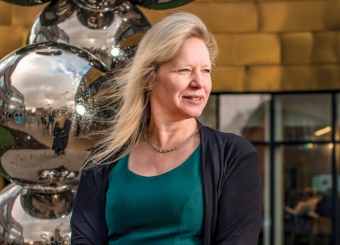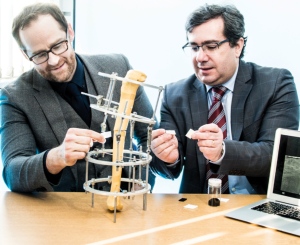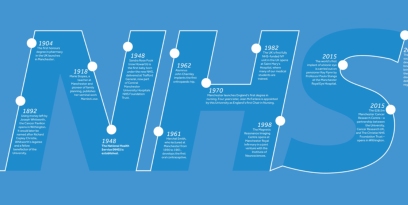Urbanisation and ageing are the two biggest demographic shifts of our time. How is Manchester, a city growing in both size and global impact, rising to these 21st-century challenges?
Manchester was the first UK city to join the World Health Organization’s (WHO) newly established Global Network for Age-friendly Cities and Communities in 2010. Last year Greater Manchester set a similar precedent when it became the UK’s first city-region to join the network.
But what does it mean to be ‘age-friendly’ and how is work in this area impacting on communities within Manchester and across the world?
Active ageing
Professor Chris Phillipson, Co-Director of the Manchester Institute for Collaborative Research Ageing, references the WHO’s recommended model of ‘active ageing’, whereby “residents stay connected and contribute to their communities into old age, while local environments and facilities are designed with their needs in mind”.
To enable the growth of this model in Manchester, Professor Phillipson and his colleagues foster close links with Manchester City Council and the Greater Manchester Combined Authority to feed their research into local policies.
“For example,” he reveals, “we know that people aged 70 and older spend about 80% of their time in their immediate neighbourhood. Improving the quality of conditions and life in neighbourhoods is therefore fundamental to making sure that people have a good old age.
“Led by this knowledge, Manchester has been particularly active in trying to improve the quality of neighbourhoods, outdoor spaces and environments.
“We’ve also looked at how older residents can contribute their experiences, values and interests to other age groups, influencing the growth of intergenerational work across the city."
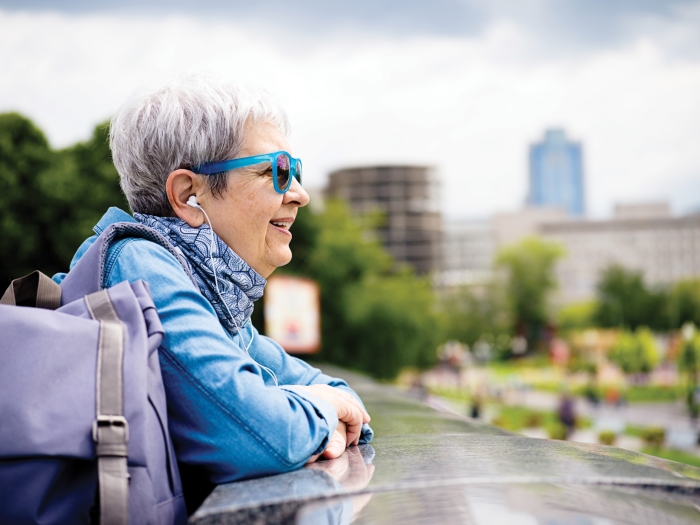
Innovative partnerships
A close local partner of the University is Age-Friendly Manchester (AFM), a council partnership involving organisations and individuals across the city.
Dave Thorley, Programme Lead at AFM, says: “The University provides us with academic insight and rigour, providing a strong evidence base to our work and helping to provide focus and analysis on policy and practice.
“In return, AFM offers academics an opportunity to test theory in practice, helping to mutually define key priorities for ongoing and future work.”
An example of this work is Culture Champions: a large-scale volunteer ambassador scheme that aims to improve the health and well-being of Manchester’s older residents through cultural participation and activities.
Previously facilitated by the Whitworth and now led by Manchester Museum, the scheme has recruited around 130 ‘champions’ from among older city residents. These champions advocate, lead and design cultural events and activities for their peers and communities, working with more than 40 galleries, museums, orchestras, theatres and arts organisations across the city.
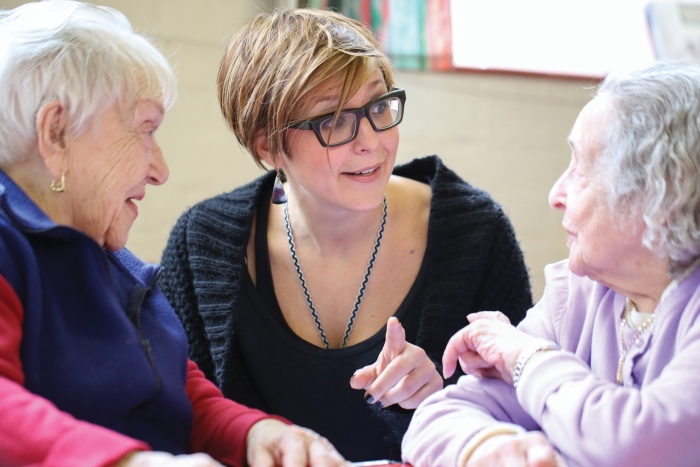
Empowering older residents
Dr Tine Buffel directs the University’s interdisciplinary Manchester Urban Ageing Research Group (MUARG), which works with government, NGOs and older people to promote age-friendly urban environments at local, national and global levels.
Her interest stemmed from working in low-income Manchester neighbourhoods and observing the impact of poor-quality environments on older people. This experience convinced her that creating age-friendly communities required the direct involvement of older people themselves.
“We ran the first research project at Manchester focusing on developing age-friendly communities that was co-led by older people,” said Dr Buffel.
“This co-production approach has since been promoted by a number of organisations, including the WHO, the United Nations, Age UK and AGE Platform Europe.
“A number of co-researchers whom we trained from among Manchester’s older residents have now formed a permanent group and are applying for funding for age-friendly activities.”
We absolutely need to get this right and our colleagues at the University continue to play a very important role in helping us to achieve this.
Ageing and global inequalities
Professor Phillipson and Dr Buffel recently contributed to a new ‘manifesto for change’ that calls for a major global expansion of the age-friendly cities movement, especially for those with fewer means and poorer health.
“Inequalities often grow worse as we age,” reveals Professor Phillipson. “It’s harder to be an older person if you’ve had a lifelong experience of poverty.”
The topic resonates at a global level, since it’s estimated that 80% of the world’s older population will live outside of the developed world by the mid-century.* Manchester provides a useful case study for analysing how the age-friendly agenda can be pursued within the context of inequalities: 59% of its older residents live in the city’s most deprived neighbourhoods.
MUARG also looks more broadly at issues relating to social exclusion and pressures facing older people in areas of economic decline, including inequalities in later life, ageing and mobility, ethnicity, migration and health care systems.
A friendlier future for all
“An age-friendly agenda impacts positively on everyone,” says Professor Phillipson. “It’s an important tool for revitalising our city centres.
“We want to embed age-friendly planning into economic and urban development, and influence other groups, such as employers.” Dave agrees.
“Age-friendly isn’t just an add-on, but is vital to the economic and social well-being of the city,” he says. “Older people make a vital contribution and have great potential to do more as long as we create conditions that encourage this.
“We absolutely need to get this right and our colleagues at the University continue to play a very important role in helping us to achieve this.”
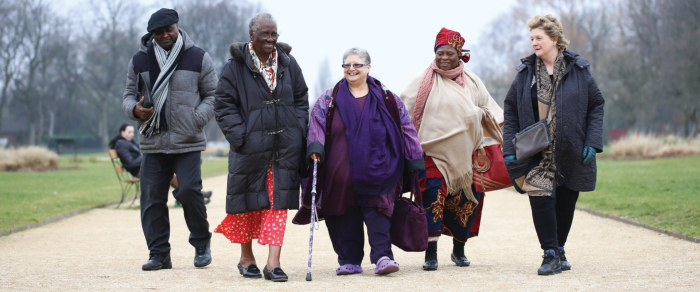
*Ageing and urbanization: Can cities be designed to foster active ageing? Public Health Reviews. 2010; 32 (2).



